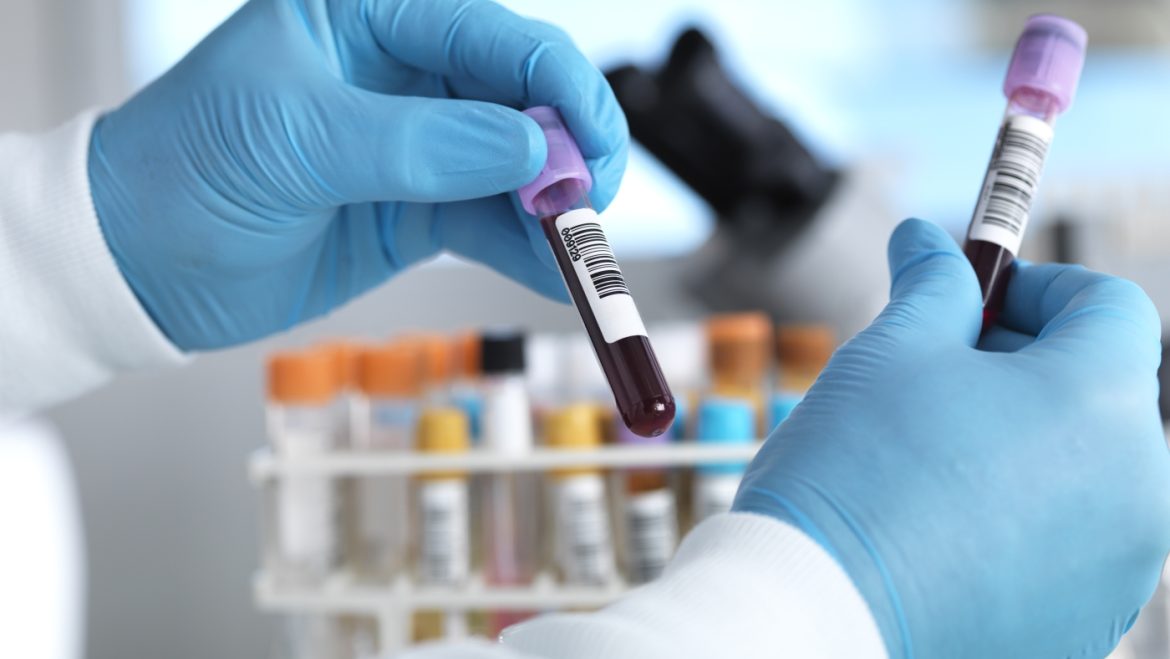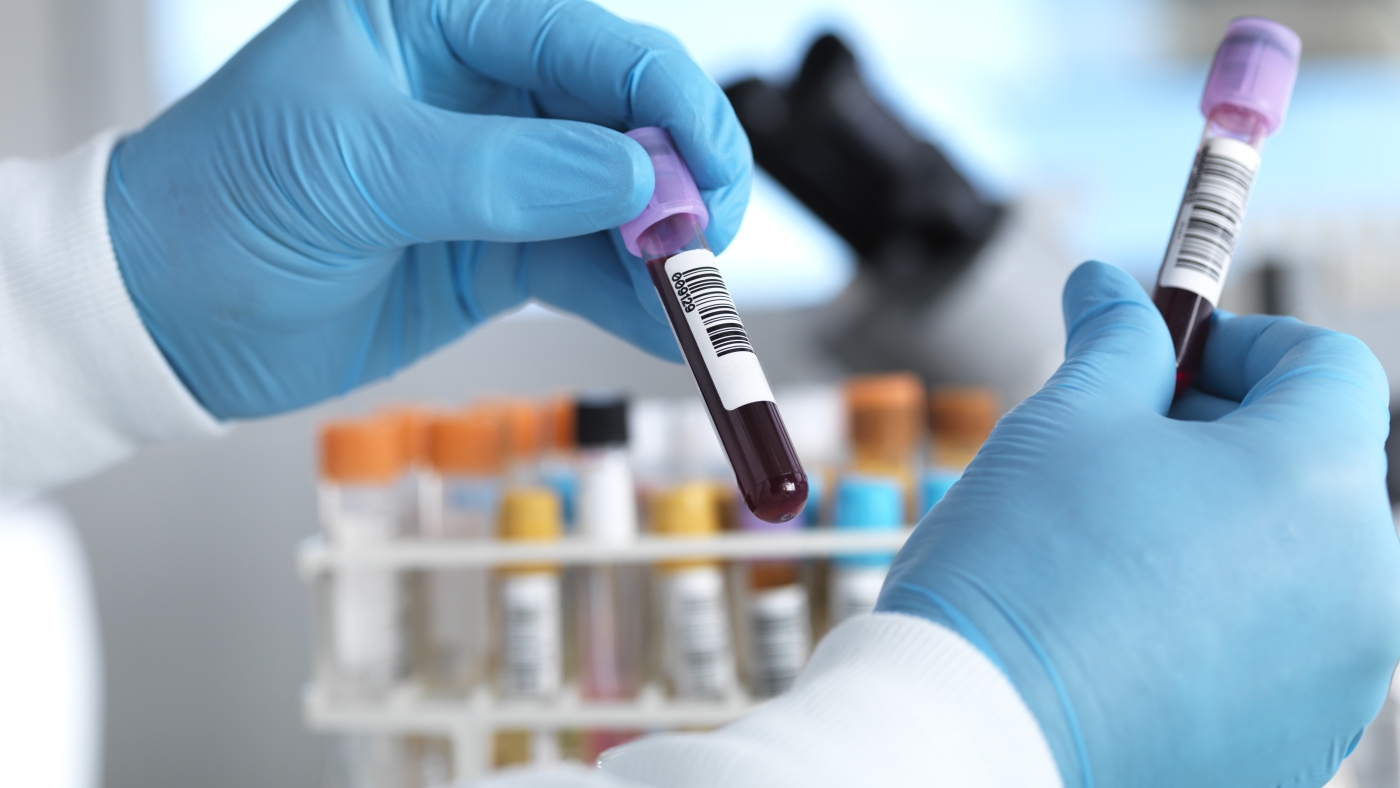The Growing Desire Among Older Americans to Know Their Alzheimer’s Status
The landscape of Alzheimer’s disease awareness and prevention is evolving rapidly. A recent survey of 1,700 Americans aged 45 and older reveals a significant shift in attitudes towards early diagnosis. An overwhelming 79% of respondents expressed a desire to know if they were in the early stages of Alzheimer’s, highlighting a growing trend of proactive health management among older adults.
The Importance of Early Diagnosis
Understanding the Benefits
Early diagnosis of Alzheimer’s disease offers numerous benefits. It allows individuals to plan for the future, make informed decisions about their care, and potentially access treatments that can slow the progression of the disease. Moreover, early diagnosis can provide peace of mind, enabling individuals to address financial and legal matters while they still have the cognitive capacity to do so.
The Role of Blood Tests
The survey also indicates that older Americans are open to new diagnostic methods, such as blood tests. This willingness to embrace innovative technologies reflects a broader trend in healthcare, where patients are increasingly seeking convenient and non-invasive diagnostic tools. Blood tests, if proven reliable, could revolutionize the early detection of Alzheimer’s, making it more accessible and less daunting for patients.
The Need for Advanced Treatments
Current Treatment Landscape
While early diagnosis is crucial, it is equally important to have effective treatments available. The survey underscores the need for advancing new treatments and making early diagnosis easier and more accessible. Currently, available treatments for Alzheimer’s primarily focus on managing symptoms rather than curing the disease. This gap between diagnosis and treatment highlights the urgent need for research and development in this area.
The Impact on Healthcare Providers
Healthcare providers play a pivotal role in the early diagnosis and management of Alzheimer’s. They need to be equipped with the latest knowledge and tools to accurately diagnose the disease in its early stages. This includes staying updated on the latest research, understanding the limitations of current diagnostic tools, and being prepared to discuss treatment options and support services with patients.
Public Awareness and Education
The Role of Media and Education
Public awareness campaigns and educational initiatives are essential in fostering a proactive approach to Alzheimer’s diagnosis. Media outlets, healthcare organizations, and community groups can play a significant role in disseminating accurate information and encouraging early screening. The survey findings suggest that there is a strong public interest in learning more about Alzheimer’s, which can be leveraged to promote early diagnosis and treatment.
Community Support and Resources
Community support is crucial for individuals diagnosed with Alzheimer’s and their families. Support groups, counseling services, and educational workshops can provide valuable resources and a sense of community. These resources can help individuals cope with the emotional and practical challenges of living with Alzheimer’s, while also providing a platform for sharing experiences and learning from others.
The Future of Alzheimer’s Diagnosis and Treatment
Technological Advancements
The future of Alzheimer’s diagnosis and treatment lies in technological advancements. Innovations such as artificial intelligence, machine learning, and biotechnology hold promise for developing more accurate diagnostic tools and effective treatments. These advancements can help in early detection, personalized treatment plans, and better management of the disease.
Policy and Funding
Government policies and funding are essential for supporting research and development in Alzheimer’s. Increased funding for research can accelerate the discovery of new treatments and diagnostic tools. Policies that promote early diagnosis and access to care can also improve the quality of life for individuals with Alzheimer’s and their families.
Conclusion: A Call to Action
The survey findings present a clear call to action for healthcare providers, researchers, policymakers, and the public. There is an urgent need to advance diagnostic tools, develop effective treatments, and promote public awareness and education. By working together, we can make significant strides in the fight against Alzheimer’s, ensuring that individuals have the information and support they need to manage the disease proactively. The future of Alzheimer’s care is in our hands, and it is time to take decisive action to improve the lives of those affected by this debilitating condition.


